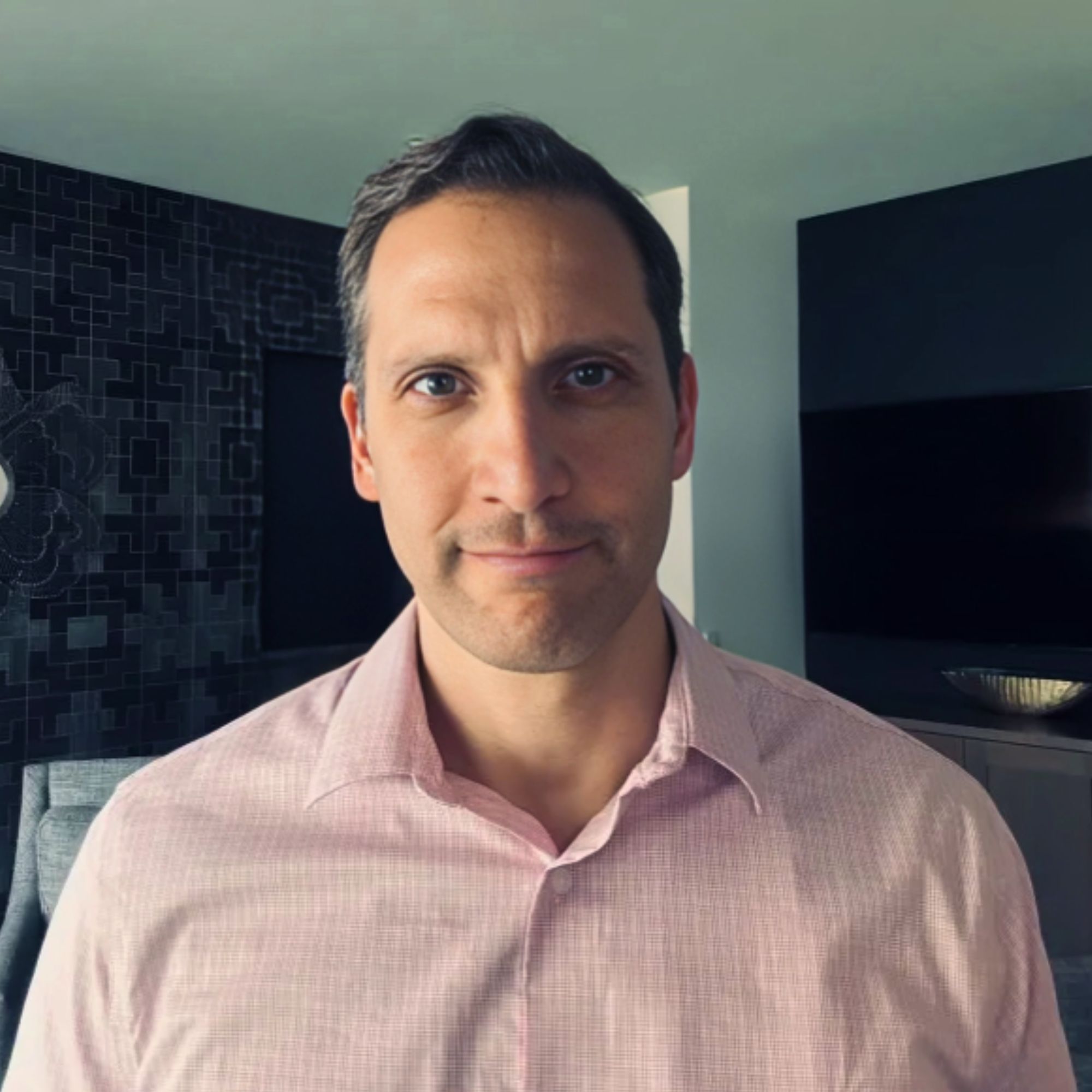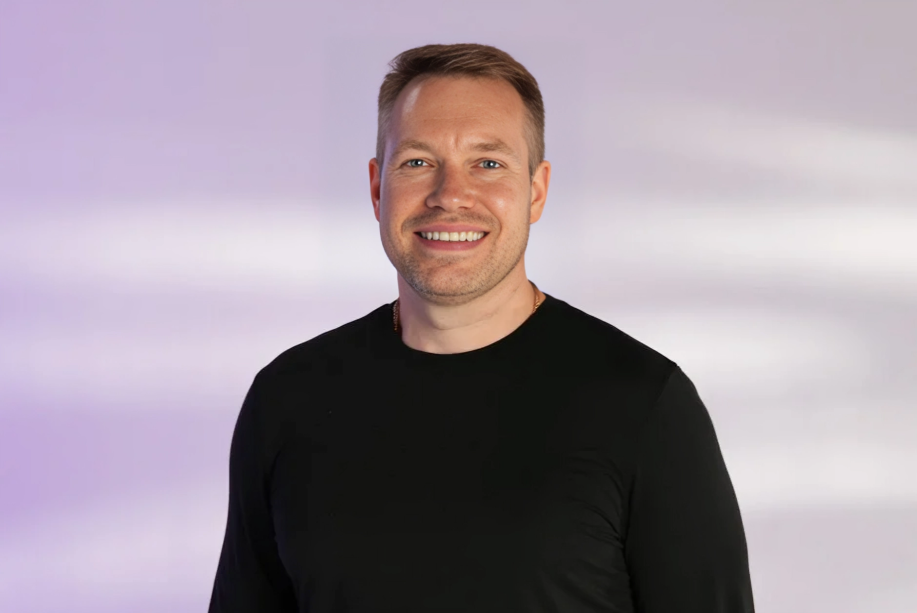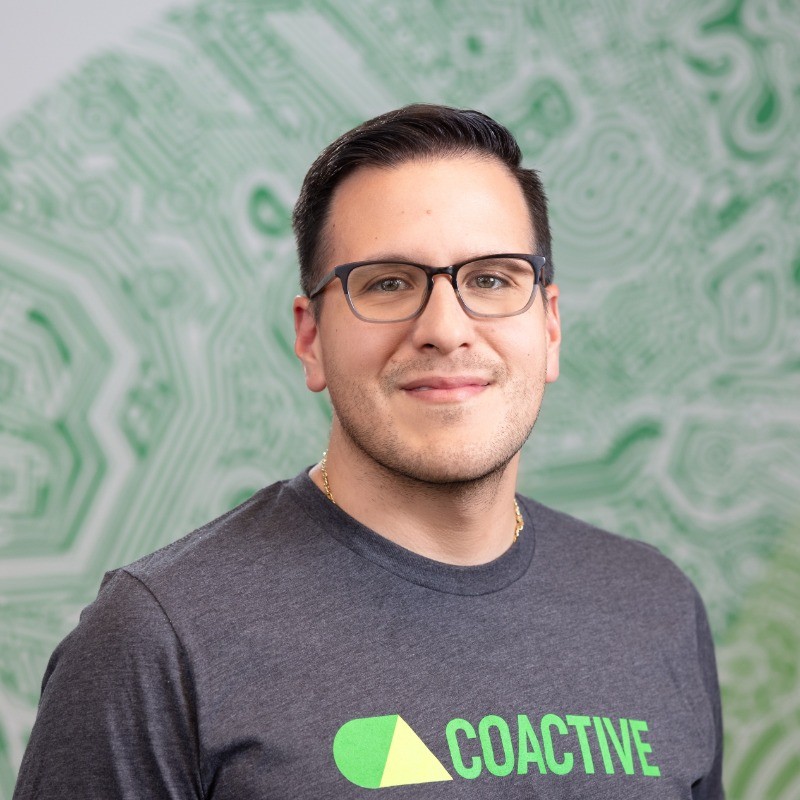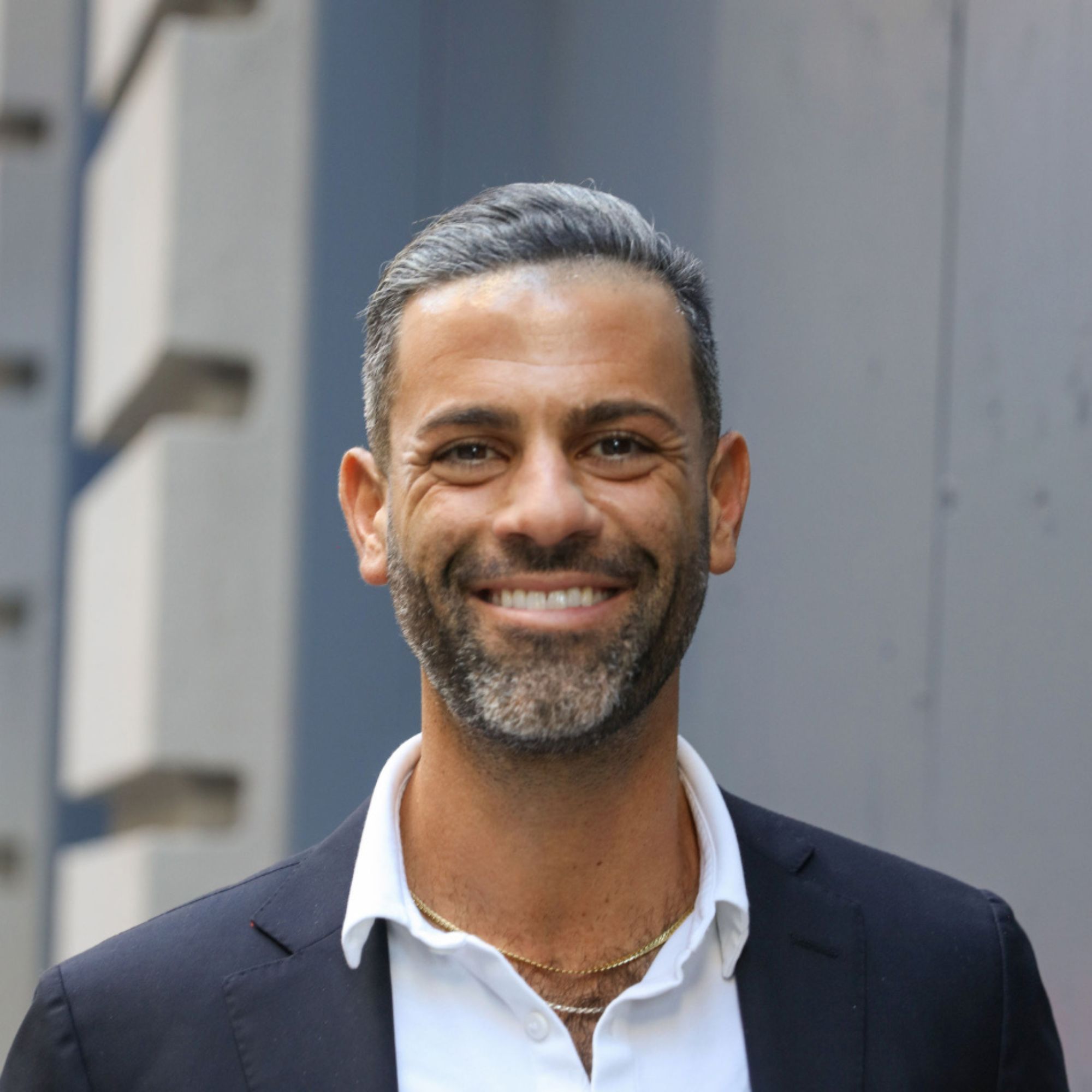Ready to launch your own podcast? Book a strategy call.
Frontlines.io | Where B2B Founders Talk GTM.
Strategic Communications Advisory For Visionary Founders
Conversation
Highlights
From Research to Revenue: How Private AI is Building the Privacy Layer for Global Software
Privacy technology has a timing problem. When GDPR arrived, organizations scrambled to comply with requirements that existing technology couldn’t fully address. Today, as artificial intelligence and data analytics unlock unprecedented value in unstructured data, privacy solutions are finally catching up – and creating new opportunities for innovative approaches to data protection.
In a recent episode of Category Visionaries, Private AI founder Patricia Thaine shared insights into building a privacy engineering company during this technological transition, revealing how timing, market understanding, and strategic pivots shaped their go-to-market approach.
The Strategic Pivot That Changed Everything
Private AI’s journey began not with their current product, but with a completely different approach. “Spun out version 1.0 of Private AI in 2017 with that idea of combining homomorphic encryption, which allows you to compute on encrypted data with natural language processing to do semantic search on encrypted data,” Patricia explains. While this initial approach attracted interest from financial institutions, the team ultimately discovered it wouldn’t scale effectively.
This early setback led to a crucial insight: the market needed something different. The team spent another year in research mode, recognizing that the real opportunity lay not in complex cryptographic solutions, but in making privacy engineering accessible and practical for businesses dealing with unstructured data.
Finding Product-Market Fit Through Chance Encounters
The breakthrough came unexpectedly. “Getting the first customer is always hard. That was by pure chance because somebody I was talking to had talked to a friend who had to solve this problem quickly or their customer would be unhappy,” Patricia recalls. This serendipitous connection provided more than just revenue – it offered crucial insights into how to position and sell their product.
The team discovered that technical complexity was their biggest go-to-market challenge. Their solution? “Lots of testing. Testing different types of messaging, keeping track of which messaging works and which doesn’t, looking at how people are talking about it out there,” Patricia shares. This systematic approach to message refinement helped them translate complex technical capabilities into clear value propositions.
Creating a New Market Category
Rather than trying to fit into existing categories like cybersecurity or data governance, Private AI is helping define the emerging field of privacy engineering tools. “Privacy engineering tools are really nascent,” Patricia notes, highlighting how they’re positioning themselves at the intersection of privacy engineering and data governance.
This category creation approach extends to their deployment strategy. “We believe in making sure that data gets transferred to as few parties as possible, and therefore we deploy directly in our customers environment,” Patricia explains. This architectural decision wasn’t just technical – it became a key differentiator in their go-to-market strategy.
The Global Market Opportunity
While Private AI launched in North America, their expansion strategy revealed interesting market dynamics. “They’ve been through a history that has made them appreciate privacy in a way that we have not fully grasped yet here in the US and Canada,” Patricia observes about the European market. This insight led to a strategic focus on Europe, while maintaining their global presence across North America and Asia Pacific.
Their commitment to global accessibility is reflected in their product development: “We strongly believe that privacy isn’t just for the English speaking world,” Patricia emphasizes, explaining their support for 47 different languages. This wasn’t just about market expansion – it was about building a truly global privacy solution.
Building for the Future
Private AI’s strategy extends beyond current market demands. “Ultimately, I think in three to five years, hopefully we’ll be embedded directly within devices as well as people become a little bit more comfortable when it comes to privacy engineering,” Patricia predicts. This vision of privacy protection happening at the edge represents their next major market opportunity.
This long-term thinking is grounded in their conviction about privacy’s fundamental importance. “It’s one of the two most important problems that the world is facing today, and that’s privacy and climate change,” Patricia reflects, positioning their work within a larger context of global challenges.
The story of Private AI offers valuable lessons for founders navigating emerging technical markets: sometimes the best strategy isn’t to wait for the market to be ready, but to help create it through education, clear positioning, and a commitment to solving fundamental challenges. Their journey shows how technical founders can transform complex capabilities into accessible solutions while maintaining a clear vision for global impact.
Actionable
Takeaways
Identify and Solve a Real Problem:
Patricia's admiration for Jennifer Arnold, CEO of Minerva AI, underscores the importance of identifying real-world problems and developing solutions. B2B tech founders should focus on pain points in their industries that have not been adequately addressed, offering innovative solutions that can scale quickly.
Leverage Academic Research for Entrepreneurial Success:
Patricia's transition from academic research to founding Private AI illustrates the potential of leveraging specialized knowledge to address market needs. Founders should consider how their academic or technical expertise could solve industry problems, particularly in areas like privacy and data security.
Understand Regulatory Compliance as a Market Opportunity:
With the advent of GDPR and other privacy regulations, there is a growing market need for tools that help companies comply. Founders should explore how changes in legislation create opportunities for new solutions and consider privacy and compliance as integral to product development.
Globalize Your Solution from the Start:
Private AI’s focus on supporting 47 languages demonstrates the importance of considering global needs and compliance from the inception of your product. Tech founders should design their products with global markets in mind, ensuring they address the varied compliance and cultural requirements of different regions.
Educate Your Market:
Given the complexity of privacy tech and compliance, there's a significant need to educate potential clients. Founders should invest in content marketing, customer education, and transparent communication to explain their solutions' value and ease the adoption process. This approach helps in demystifying complex solutions and fostering trust with potential customers.





























































































